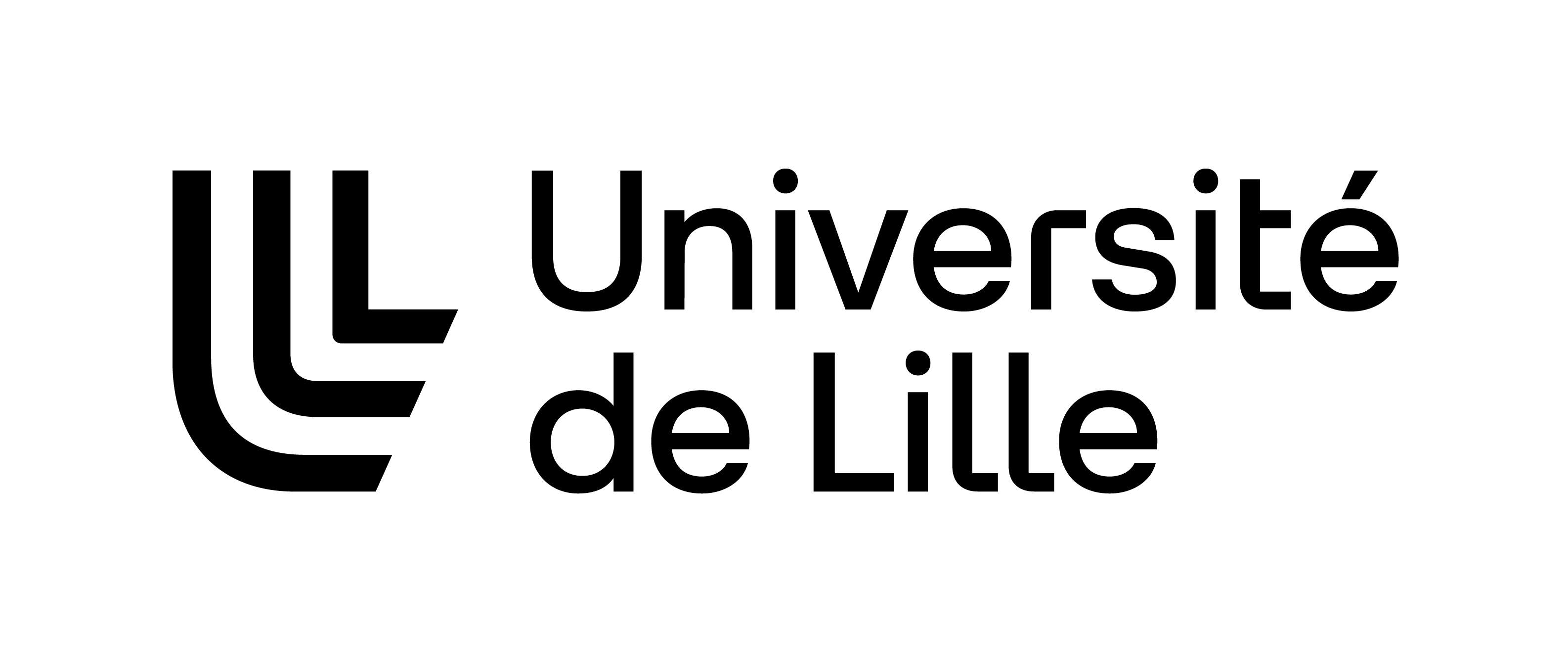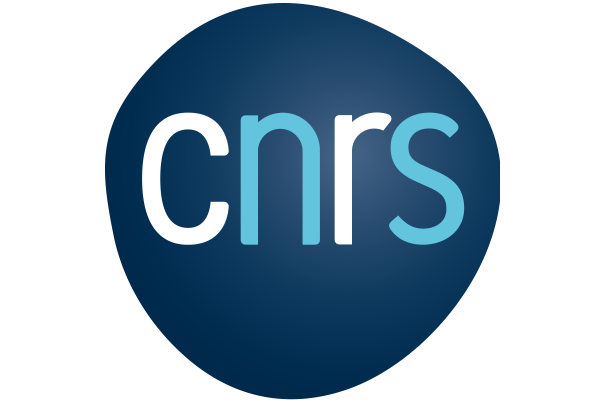-
Energy and Environment
Atmospheric optics laboratory (LOA)
Research unit - UMR 8518
Our laboratory studies various components of the atmosphere, mainly clouds, aerosols which are fine particles of anthropic or natural origin (desert dust, biomass fires, marine, urban and volcanic aerosols) and some gases (ozone, water vapor, sulfur dioxide). LOA brings together complementary observational and modeling expertise to determine: (i) the spatio-temporal distribution of aerosols, clouds and their gaseous precursors; (ii) their micro-physical (size, shape), chemical, hygroscopic, optical and radiative properties; and (iii) their impact on the atmosphere and atmospheric radiation.
With a strong background in atmospheric radiative transfer modeling and measurement inversion methods, our unit has internationally recognized expertise in spaceborne, ground-based and airborne remote sensing. Our expertise covers a wide spectral range, from ultraviolet and solar to thermal infrared and millimeter waves. The laboratory is also involved in the development of measurement instruments, deployed on the ground or onboard aircraft to serve as space prototypes. In addition, the LOA has developed an instrumental platform on the roof of the laboratory that allows for continuous measurement of atmospheric composition using a wide range of ground-based remote sensing instruments and in-situ measurements.
-
Philippe Dubuisson
Director
Bâtiment P5, Avenue Jean Perrin
Campus Cité scientifique, Université de Lille
59655 VILLENEUVE D’ASCQ
https://www-loa.univ-lille1.fr/

Effectif
Effectif total : 72
Personnel de recherche : 33
Personnel d'appui à la recherche : 22
Skills
•Aerosol variability and trends
• Aerosol cycles
• Pollution and extreme events related to aerosols
• Climate effects of clouds and water vapor
• Cloud systems and their structures
• Radiative transfer and optical properties of atmospheric particles
• Observation of the atmosphere by remote sensing and inversion methods
Example(s) of projects
• Probing and vertical characterization of cloudy atmospheres using passive satellite measurements
Example(s) of publications
• Shreve, T., Grandin, R., Smittarello, D., Cayol, V., Pinel, V., Boichu, M. & Morishita, Y. (2021). What Triggers Caldera Ring-Fault Subsidence at Ambrym Volcano? Insights From the 2015 Dike Intrusion and Eruption. J. of Geophys. Res.: Solid Earth, 126(6), e2020JB020277 🡭
• Torres, B. & Fuertes, D. (2021). Characterization of aerosol size properties from measurements of spectral optical depth: a global validation of the GRASP-AOD code using long-term AERONET data. Atmos. Meas. Tech., 14(6), 4471-4506 🡭
• Crumeyrolle, S., Mensah, A., Khlystov, A., Kos, G. & ten Brink, H. (2021). On the importance of nitrate for the droplet concentration in stratocumulus in the North-Sea region. Atmos. Env., 252(118278) 🡭
• Hioki, S., Riedi, J. & Djellali, M. S. (2021). A study of polarimetric error induced by satellite motion: application to the 3MI and similar sensors. Atmos. Meas. Tech., 14(3), 1801-1816 🡭
Discover the full list of publications here.
Collaborations/Partners/Scientific clients
CNES, AERIS/ICARE, IRD, IPEV, ATMO-NPDC, Météo France, Mines de Douai , ULCO, Université de Clermont-Ferrand, Sorbonne université, LISA, LATMOS, LAERO, LACY
International:
NASA, ESA, EUMETSAT, MetOffice (GB), Météo Espagne, etc.
Applications sectors
- Science / Research
Services provided
• Determination of micro-physical (size, shape), chemical, hygroscopic, optical and radiative properties
• Modeling of radiative transfer in the atmosphere
• Continuous measurement of atmospheric composition
• Remote sensing from space and from the ground and inversion of measurements
• Development of measuring instruments, deployed on the ground or embarked on aircraft
Consulting services
Affiliated institutions / organisations
Groups/Networks/Federations
Equipex/EquipEx+/ESR
Doctoral schools
Regional strategic areas of activity
- Energy and Environment
- Observation, monitoring and management of the environment

